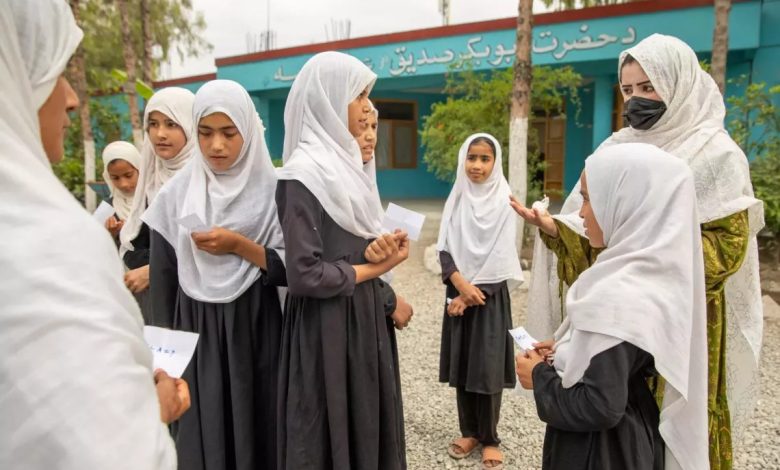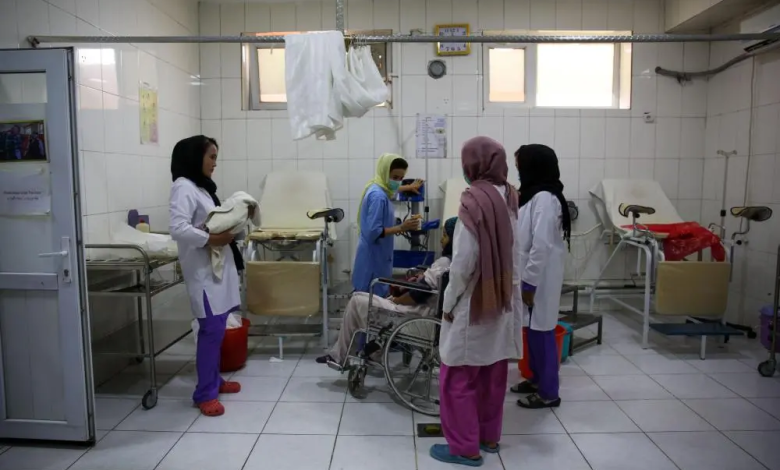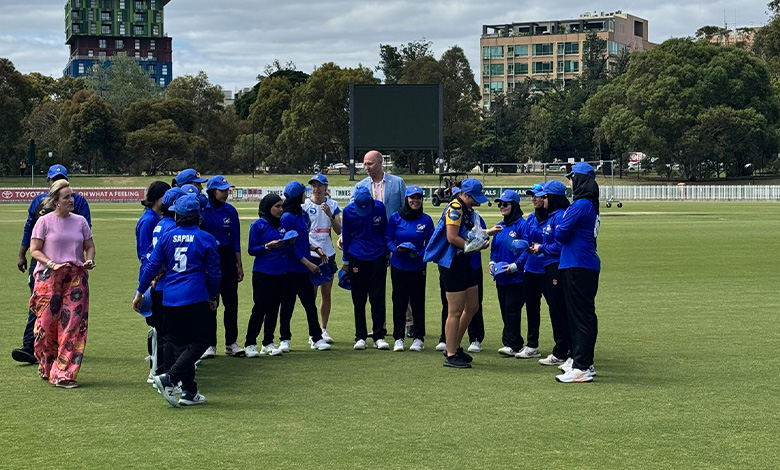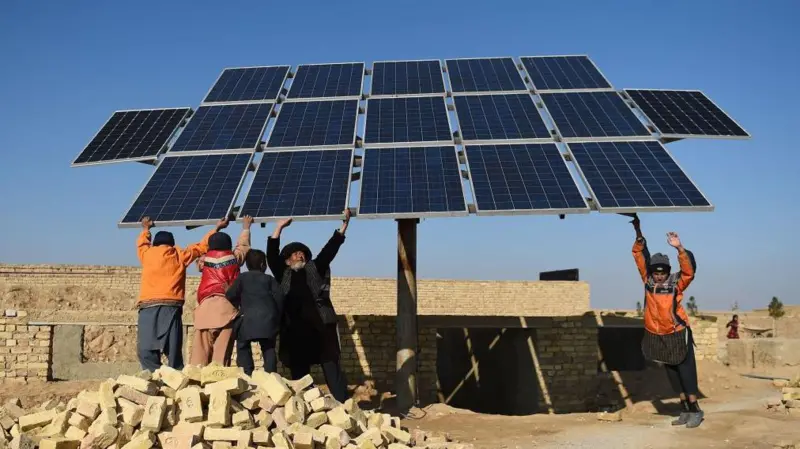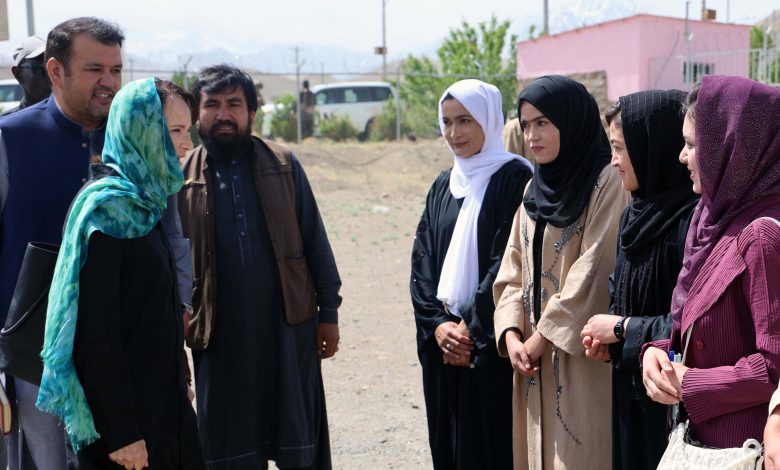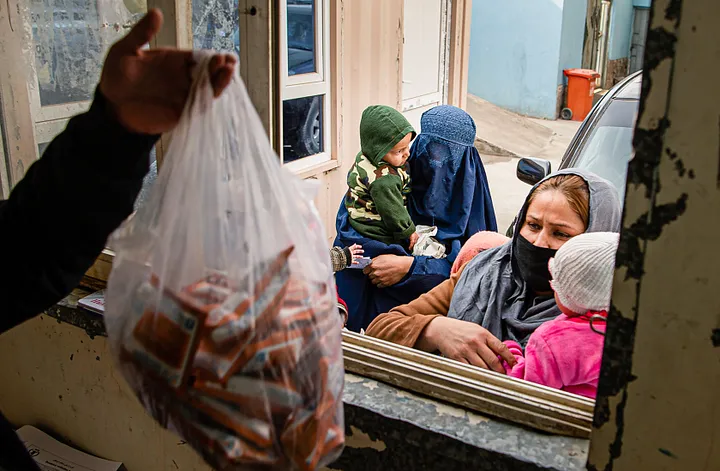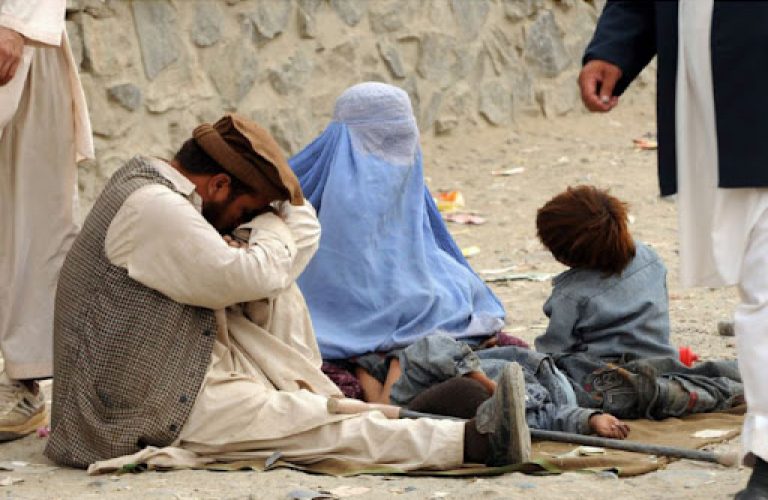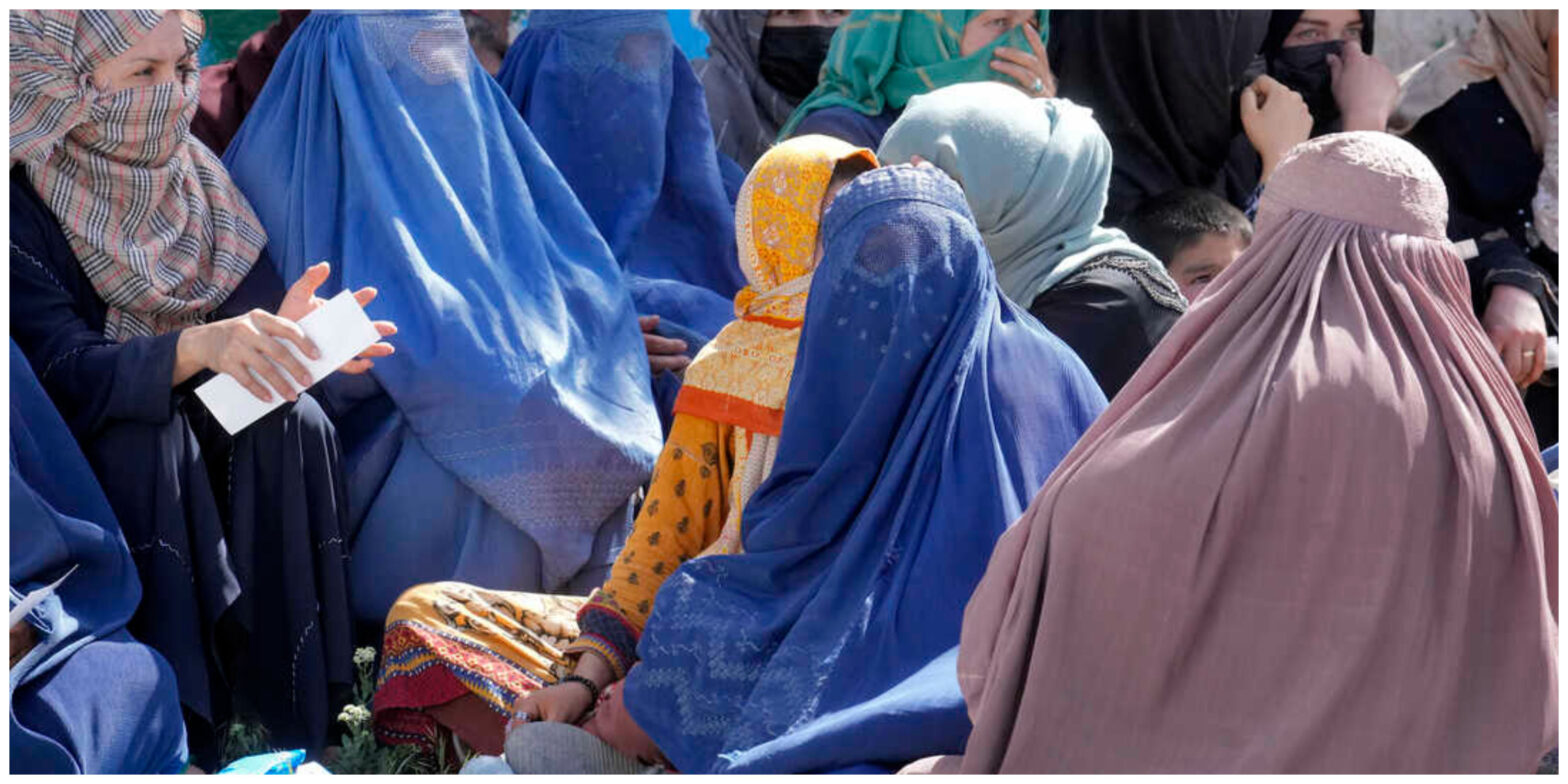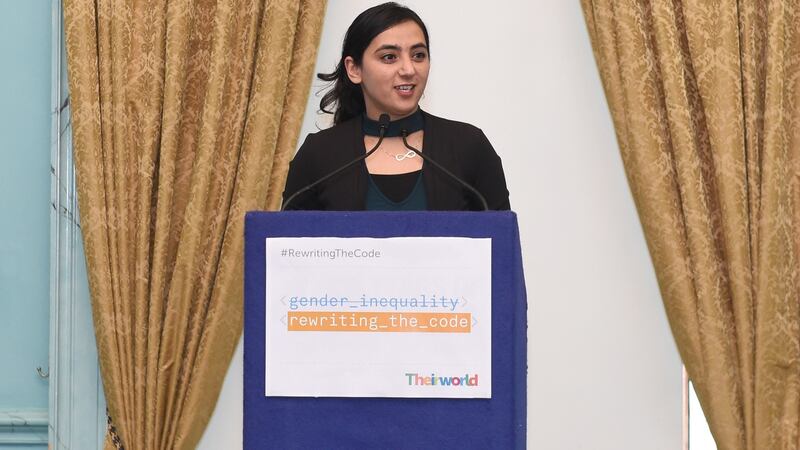
Khalida Popal, former player of Afghanistan’s women’s national football team, has been awarded the title of Sports Book of the Year 2025 for her book "My Beautiful Sisters" at an official ceremony held in London honoring the best sports books of the year. "My Beautiful Sisters" is a powerful narrative of struggle, survival, and hope under the current regime, chronicling Khalida Popal’s journey from captain of Afghanistan’s national women’s football team to a global advocate for women’s rights. The book also won the Vikki Orvice Award for Women’s Sports Writing. Nobel Peace Prize laureate Malala Yousafzai described the book as "inspiring and deeply important." The event, attended by prominent figures from the world of sports and media, also honored Sir Chris Hoy, who received the Best Biography of the Year award for his memoir "All That Matters." In addition, Johnny Sexton won Best Rugby Book of the Year for his book "Obsession." Veteran sports publisher Ruddy Bloomfield was honored with a Lifetime Achievement Award for his contributions to the field. The ceremony was supported by the Charles Tyrwhitt brand and featured high-profile guests such as Danny Care, Steph Houghton, Guillem Balagué, and others. It is worth noting that since the current regime came to power, strict laws have been imposed on women—banning their attendance at stadiums and restricting participation in many sports disciplines.

